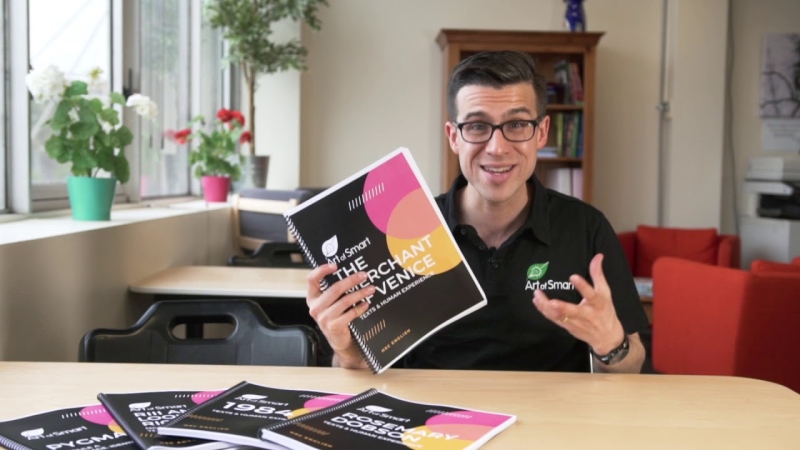There are now stricter guidelines from NESA for how HSC English exams are graded in schools:
- In Year 11, there will be THREE assessment assignments.
- The maximum weight of any job is 20–40%.
- Schools may only administer one official test each year.
- This is fantastic news since it indicates that the quantity and variety of exams provided to pupils throughout NSW are generally comparable. In other words, this implies that test scores will vary less across schools.
The abilities you must develop in this Module are fairly comparable to those in the previous Module B, despite the fact that the new Module B’s structure has undergone some significant modifications.
As a result, your evaluation will probably take the shape of an essay, just as it did for the previous Module B. Your instructor will decide what to do in this case, so pay attention while they are teaching you how to reply to SMS!
Critical and Original Reactions
Students were to reply to passages in the previous Module B in a creative, effective, and inventive manner.
Students must react critically and creatively in the new Year 12 Module B Critical Study of Literature in order to analyse and evaluate how meaning is formed and expressed in the text.
Intellectual and Personal Links to the Text
Another modification to the module is that via their study of this Module, students are now required to forge intellectual and emotional connections with the book.
You should get an understanding of the text and your own connection with its themes and ideas by reading, analysing, and giving your text critical and creative responses.
Also, students should be able to articulate their own interpretations of the text’s meaning in a way that is acceptable, coherent, and clear. When it comes to intellectual connections, this is what is meant when literature alters the way you see the world.
No matter how you reply to the text, be sure you use the right register, structure, and modality while paying great attention to the finer points, such spelling and grammar.
Take notice of the terms and phrases that have been underlined as you read the rubric. What may they signify in the context of this module? This ability need some time to improve by yourself, you can choose some online english class to get a quick improvement.
The highlighted words and phrases presumably show some tendencies. The development of a personal and intellectual reaction to the concepts, structure, and language of a book is heavily emphasised in the field of critical study of literature.
Also, you’ll be taking into account the text’s ongoing significance as well as your own personal reaction in the context of others’ personal responses across time.
In this context, the term “critical” refers to the process of coming up with your own reaction to the text, with an emphasis on assessment and comprehension of how the text’s many components interact with one another. Students can have English class online to improve their learning about this. Click here to find a English class.
Now let’s dissect the rubric even further in order to assist you determine how to get that Band 6!
This module’s main component is the (surprise!) critical analysis of one text (or a collection of texts by one composer). The set texts for the new Module B are regarded as significant literary works, which denotes that they have unique literary importance for a number of reasons.
You must get a solid comprehension of your text and its relevance for Module B. The prescribed texts for Module B may be difficult to read and comprehend at first since they are “substantial literary writings”.
Hence, you will probably need to read the book more than once in order to obtain a thorough analytical and critical knowledge, comprehension, and appreciation of it.
You will study the whole text in Module B rather than just a few selected passages. Also, it’s crucial that every time you read your material again, you get a more in-depth and customised answer.
This is helpful because it enables you to consider and comprehend how the text as a whole is formed, employing textual integrity (which we discuss later in this article; stay tuned!) as well as structure, story, characters, and literary devices.
It’s crucial that you support your arguments with specific evidence from your research and further reading when offering a critical response to your book. This implies that in addition to the book itself, the readings assigned by your instructor, and your own independent investigation, you must go above and beyond.

